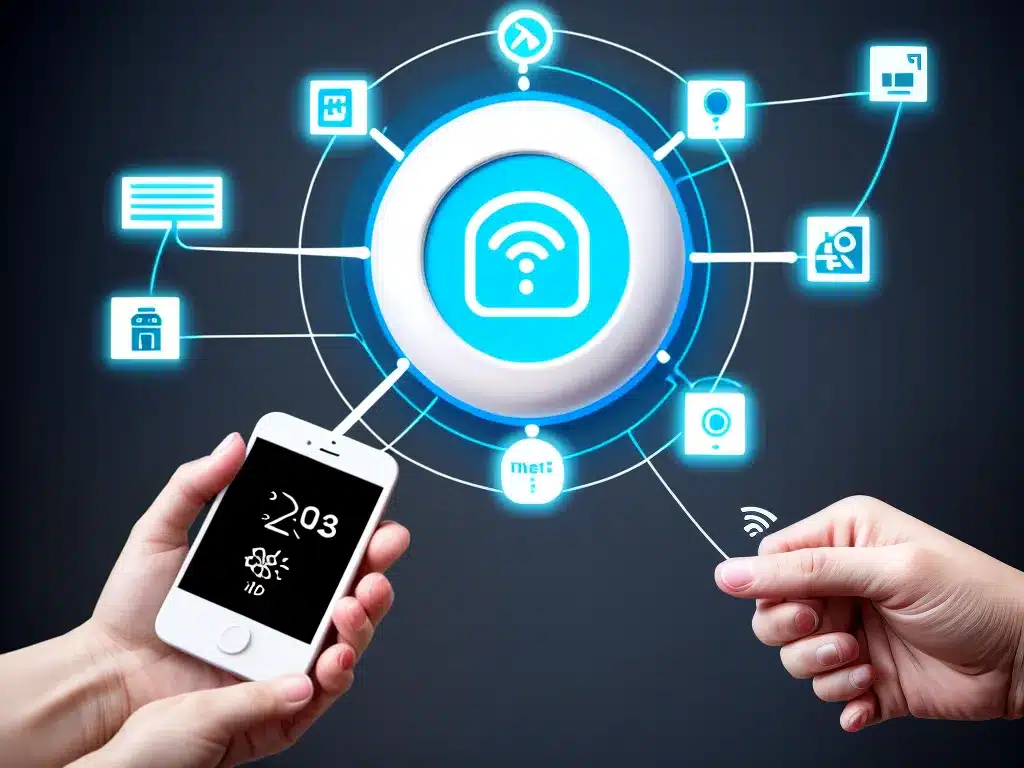
Voice Control and IoT in 2024 – Whats Possible?
In 2024, voice control and the Internet of Things (IoT) will transform our homes and workplaces. As an early adopter of these technologies, I foresee exciting developments that will make our lives more convenient, productive, and secure.
Voice Assistants Will Become Ubiquitous
By 2024, voice assistants like Alexa, Google Assistant, and Siri will be everywhere. These AI-powered assistants will be built into most new devices we buy for our homes and offices.
For example, I expect to have voice assistants in appliances like refrigerators, TVs, thermostats, and security systems. I will use natural voice commands to control these devices hands-free. Simple requests like “Alexa, set the temperature to 72 degrees” or “Siri, turn on the coffee maker” will automate our environments.
Voice Control Will Expand Beyond Smart Speakers
While standalone smart speakers like the Amazon Echo and Google Home kicked off the voice assistant revolution, the technology will embed directly into more of the objects we use daily.
I foresee voice control coming to cars, wearables like smartwatches and headsets, and even augmented reality glasses by 2024. Touch screens will remain, but voice will become a primary input for many devices. As the underlying speech recognition AI continues to improve, voice user interfaces will become faster and more natural.
Smart Home Devices Will Work Together Seamlessly
With more connected devices in homes, IoT interoperability and smart home platforms will be key. Leaders like Amazon Alexa, Google Assistant, and Apple HomeKit will allow devices to work together through voice commands.
For instance, I may say “Alexa, it’s movie night!” to dim the lights, lower the blinds, turn on the TV, and start popping popcorn. IoT eliminates the need for lots of remotes by integrating appliances.
AI Will Make Voice Assistants More Personalized
In 2024, voice assistants will leverage AI to deliver hyper-personalized experiences. They will recognize my preferences based on my usage patterns and offer proactive suggestions.
I may walk in the door and hear “Welcome home! Your chili recipe is on the kitchen display based on the groceries you purchased today.” By anticipating needs, voice assistants will become more helpful companions.
Privacy Concerns Will Lead to Local Processing
With always-listening devices, privacy is a major concern. In response, more processing will happen on-device instead of in the cloud.
I expect companies like Apple and Google to emphasize local speech recognition for core voice assistant features. Cloud access will be limited to maximize privacy and security. Commands also will be anonymized.
Voice Assistants Will Enable Smart Offices
In office environments, voice assistants have huge potential to boost productivity. They can help with tasks like scheduling meetings, transcribing notes, finding information, communicating with remote teams, and automating repetitive work.
Integrated with services like Slack, Dropbox, Salesforce, and Office 365, I will simply say “Jessica, please schedule a staff meeting for next Tuesday at 2pm” to handle complex workflows. Voice control will streamline collaboration and business processes.
Conversational Interfaces Will Revolutionize IoT
Beyond basic commands, conversational AI will enable more natural interactions with voice assistants. I will converse about my needs and interests, and they will respond conversationally.
For example, I may ask “Alexa, can you recommend a good thriller novel?” Alexa would then ask about my preferences for protagonists, settings, and types of plot twists to make a personalized recommendation. These fluid exchanges will feel like talking to a human.
Challenges Around Security, Accuracy, and Inclusion Remain
Despite the opportunities, voice control and IoT face challenges around security, accuracy, and inclusion that need to be addressed.
Connected devices are vulnerable to hacking, so stronger authentication and encryption are essential. The AI must also continue improving to handle diverse voices and dialects. And accessible device design is crucial so these technologies don’t leave people behind.
The Future Looks Bright for Voice and IoT
The stage is set for voice control and IoT to transform our daily lives by 2024. As the technology improves and becomes more seamlessly embedded into the objects around us, it will open new possibilities for convenience, personalization, and productivity. However, responsible innovation is critical as these promising technologies move forward. Overall, I am excited by their incredible potential if thoughtfully applied.












